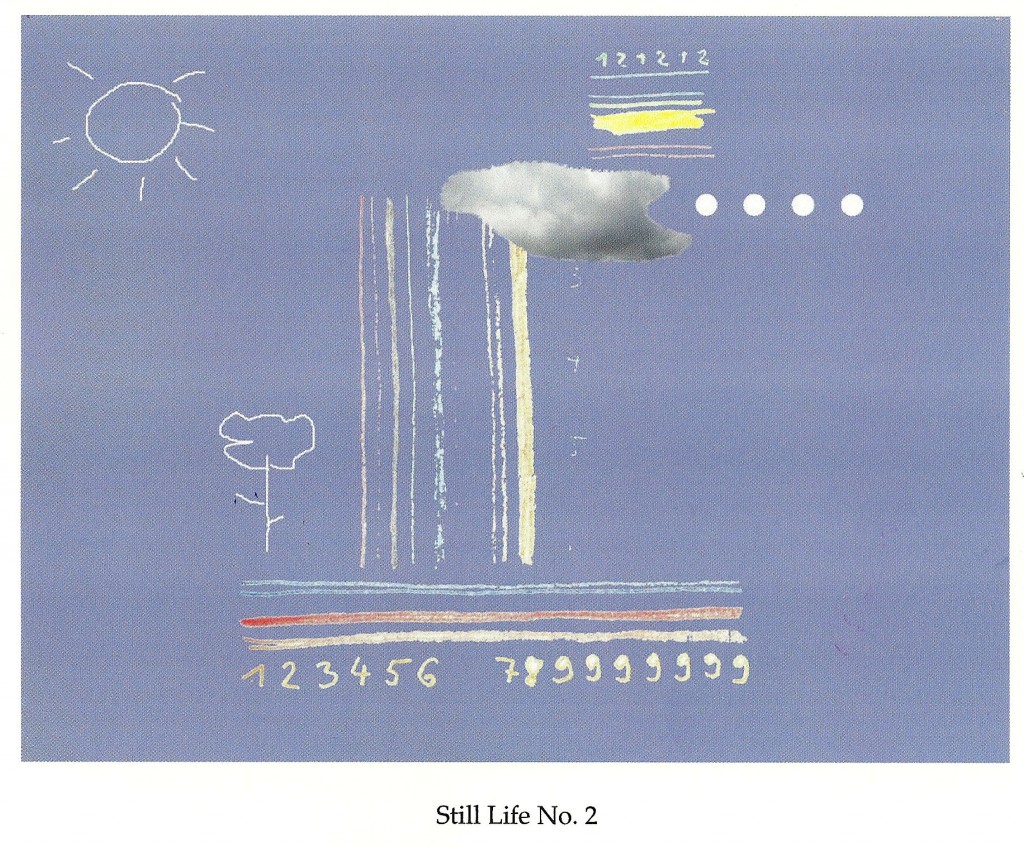Archive for the ‘Alan Sondheim’ Category
Entry 948 — Pronouncements & Blither, Part 9
Monday, December 10th, 2012
Would any of you who have been contributed to this thread (or only read portions of it) be willing (be brave enough) to carry out the following experiment:.(1) Select two poems, one you consider significantly better than the other;.(2) Support your view with references to what is explicitly in each poem, bad and good (in your opinion)?.Second challenge to those unwilling to do this because it would be meaninglessly subjective: be honest enough to go on record with the view that all poems are equally good..I’ve already half-done this with a very flawed quick reaction to the Sondheim poem indicating why I consider it at least not bad. (I now consider it a superior poem, having found more virtues in it by thinking of it more focusedly as a conceptual poem.) I will now say why—objectively, because supported by what’s objectively in or not in each of the two poems as opposed to anything that may be subjectively in them like sincerity.) I will now compare it with the other poem posted:PHOTOSYNTHESISby Banana JonesYou have a head,mountain goats eat fudge,I spread toe jelly on my wrist,Concrete angel,You ain’t got nothing on me,Oh right…Babies come from vagina’s..Sondheim inserts (_) into his poem, as I’m now sure it is, in accordance with a logical plan—i.e., after every word or phrase in order that a person doing the task of reading it will be able to check off each read bit of the poem. This slows the read (a virtue in the opinion of most I’m fairly sure) and also almost forces a reader to pay more than normal attention to each bit, and think about the task of reading. The poem explicitly tells the reader to take extra pains while he’s reading, so the claim that pressure to pay more than normal attention to one’s journey through the text seems to me objectively true. I feel I could support most of my reactions to the poem similarly, but am not up to doing that right now. My aim now is simply to compare this one thing the Sondheim text objectively does I believe any reasonable person would agree to what seems to me an absence of any thing like it..The Jones poem does nothing according to any logic I can see. It jump-cuts from one clause-length narrative to another entirely unconnected to it in any meaningful sense (I say with a fair confidence that I am here being objective in the reasonable sense that (verbal) meaninglessness can be objectively defined as words arranged in such a way as to confuse a large majority of readers or listeners, and no defense of their meaningfulness will change any but a very few minds about that)..The Sondheim contains one fresh element, or perhaps can be said to carry out a fresh design; and every poem needs something fresh–objectively. If we start with the dogma that a poem needs to move one, and know objectively from a study of the effects of poetry on human beings that a poem that does absolutely nothing new will rarely move anyone, even those who claim to like some such poem..The Jones poem is not fresh—because although its particular images are wildly different from the images in conventional poems—they lack all coherence and therefore result in chaos—objectively result in it, I say, using the same argument I previously used—and chaos is never fresh however different its elements, one chaos being perceived by the sane as just about entirely the same as any other chaos. I think this observation important (and especially like it because it just occurred to me as I was writing this): the Sondheim is not chaos (although possibly not cohering here and there..I think I could find some virtues in the Jones poem if I tried, but I’m sure they wouldn’t equal the virtues in the Sondheim I’ve already written about in this thread, and I’ve found more since then. I claim they are objectively superior to any virtues in the Jones I’m now intuitively aware of, but that’s admittedly just an assertion, but one made because I’m not up to a full dissertation on the two poems—here..Frankly, I think that I’ve shown beyond reasonable doubt that the Sondheim is the better of the two poems. Which makes me think maybe my challenge would have been that someone show why they are equal. Or of what value any discussion of the merits of any poem is if we agree in advance than nobody’s opinion means anything..
